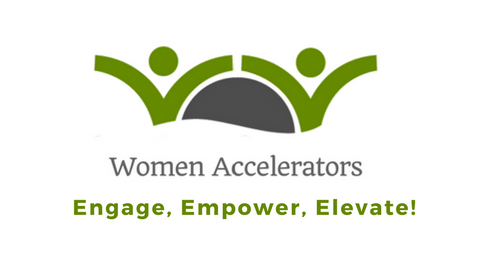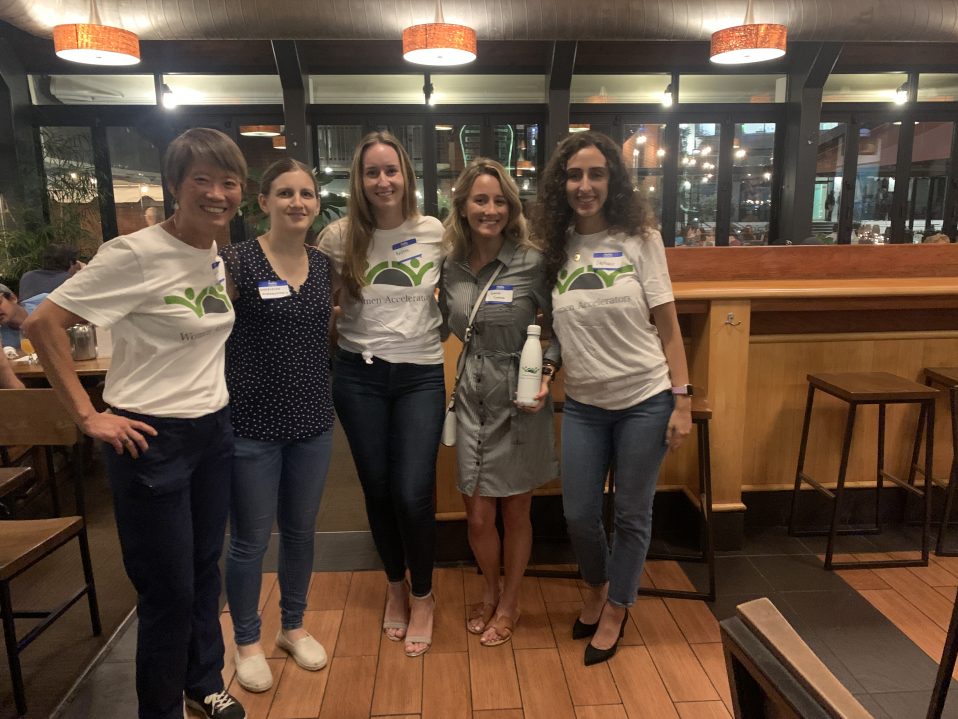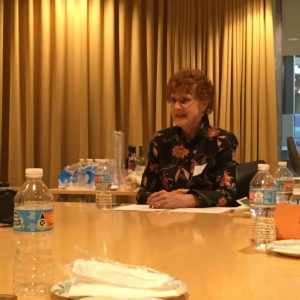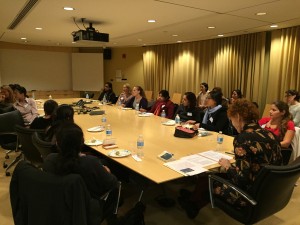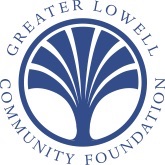Have you ever wondered-what makes people want to volunteer? We all live busy lives, so what really makes us want to take time out, or rather make time, for a higher purpose?
1. Paying it Forward
In a world where it can be hard to find time for kindness, volunteering can help you do good by paying it forward. Doing good not only makes you feel good, but also helps kindness spread to others. Do unto others as you would have them do unto you.
2. Resume Building
Hiring Managers look for people with well-rounded personalities. While your impressive work experience will hold you in good stead, having volunteer positions listed on your resume and LinkedIn profiles give you a leg up and shows potential employees that you go above and beyond to give back to the community. Volunteering for organizations such as Women Accelerators helps showcase your soft skills as well.
3. Building Soft Skills
Volunteering gives people a boost in soft skills such as leadership and confidence. Helping others, helps build your self-assurance and teaches you abilities that you can add to your skillset.
4. Opportunity To Try Something New
Volunteering gives you a chance to try something outside of your area of expertise or comfort. For example, we have volunteers who are Engineers and Scientists by trade, write blog articles and help raise funds for Women Accelerators!
5. Networking
Networking can often be seen as an intimidating experience but volunteering is a great way to meet new people, make new connections and build trust in each other’s abilities. Additionally, it also offers the potential for career advancement or changes.
At Women Accelerators, we have fun events, like Happy Hours where current and new volunteers can network and maybe even make new friends! We also offer educational programs that help women grow their careers using their experience equity.
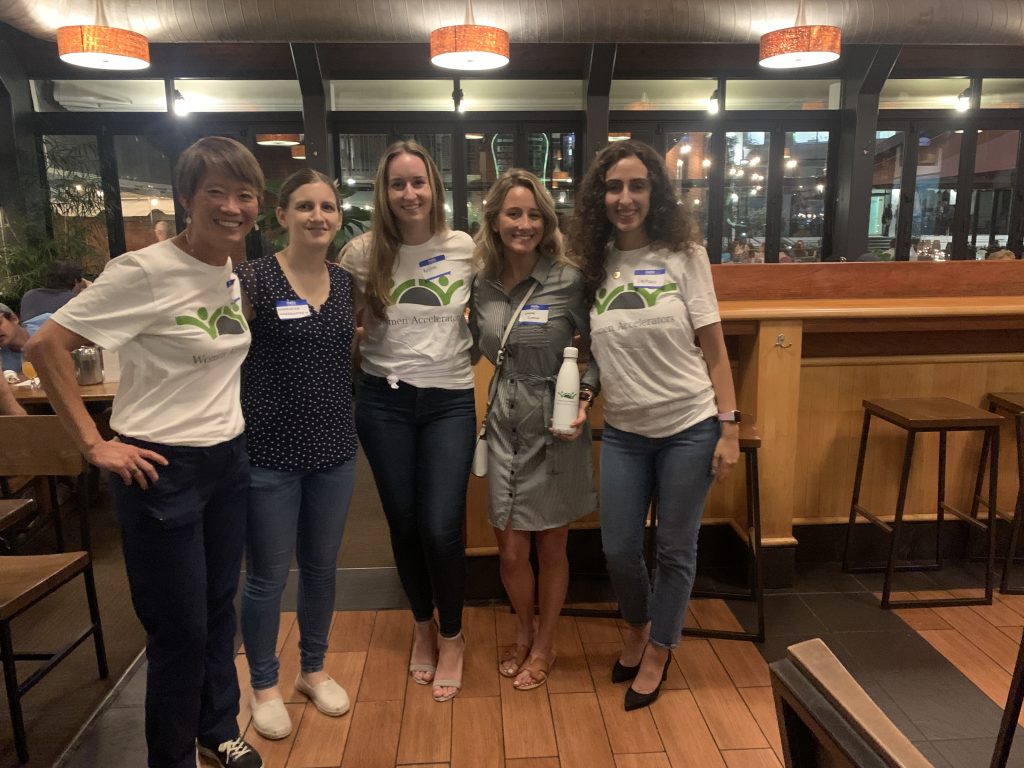
What are our former team members saying about Volunteering?
Personally as I have navigated my time as President of WA, I have learned skills at a young age that I would never have had the chance to do in other organizations. Women Accelerators volunteers are hands on, creative, and in this together. As a volunteer there’s room for personal development as you work with the team. I encourage everyone to attend events and consider volunteering. I promise, you will not regret it.
Gianna Iantosca
“It’s one of the best volunteering experience I have ever had. Through preparing and hosting regular seminars and workshops as well as running an annual mentorship program, I knew I was making a difference in the lives of many that are underrepresented, especially women and people of color.”
Huan Rui
“I was trusted with my work of managing events; be it placing catering orders or making the agenda for the events. My new ideas were welcomed and implemented. It was good to see my designs printed and shared with attendees. I networked at many events and also made amazing friends through this inspiring group, and we continue to stay in touch.”
Nidhi Maniar
“When I was a volunteer, I was able to meet several women in the workforce that I would otherwise not be able to engage with as much in a university setting. Women Accelerators’ approach towards helping women in their careers is multi-dimensional— from seminars, networking opportunities, to mentoring. What makes this organization even more powerful is that everyone in the team is very dedicated towards achieving our mission”
Herdeline Ardoña
